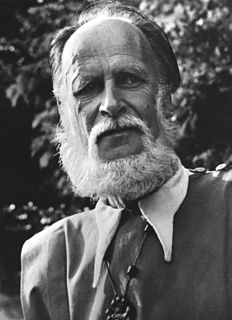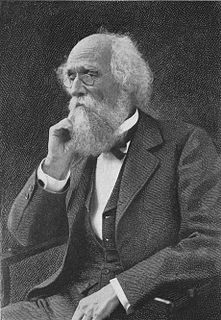A Quote by John Carroll
The egoist ... destroys the universal importance accorded to moral law by showing that life independent of it is possible. Secondly, and even more intolerably to the pious, he manages to do so with shameless enjoyment.
Related Quotes
It appears to me that, even within the recollection of living men, the Christian faith has come to be less and less regarded as a commanding and mighty power from heaven, a voice of authority, a law of holy life, but more and more as an easy going guide to future enjoyment, to a universal happiness and an indiscriminate salvation.
Privative appropriation and domination are thus originally imposed and felt as a positive right, but in the form of a negative universality. Valid for everyone, justified in everyone's eyes by divine or natural law, the right of privative appropriation is objectified in a general illusion, in a universal transcendence, in an essential law under which everyone individually manages to tolerate the more or less narrow limits assigned to his right to live and to the conditions of life in general.
Ageing destroys youth, sickness destroys health, degeneration of life destroys all excellent qualities and death destroys life. Even if you are a great runner, you cannot run away from death. you cannot stop death with your wealth, through your magic performances or recitation of mantras or even medicines. Therefore, it is wise to prepare for your death.
When you say there's too much evil in this world you assume there's good. When you assume there's good, you assume there's such a thing as a moral law on the basis of which to differentiate between good and evil. But if you assume a moral law, you must posit a moral Law Giver, but that's Who you're trying to disprove and not prove. Because if there's no moral Law Giver, there's no moral law. If there's no moral law, there's no good. If there's no good, there's no evil. What is your question?
There is nothing which Nature so clearly reveals, and upon which science so strongly insists, as the universal reign of law, absolute, universal, invariable law... Not one jot or tittle of the laws of Nature are unfulfilled. I do not believe it is possible to state this fact too strongly... Everything happens according to law, and, since law is the expression of Divine will, everything happens according to Divine will, i.e. is in some sense ordained, decreed.





































